1. What was the official cause of death?
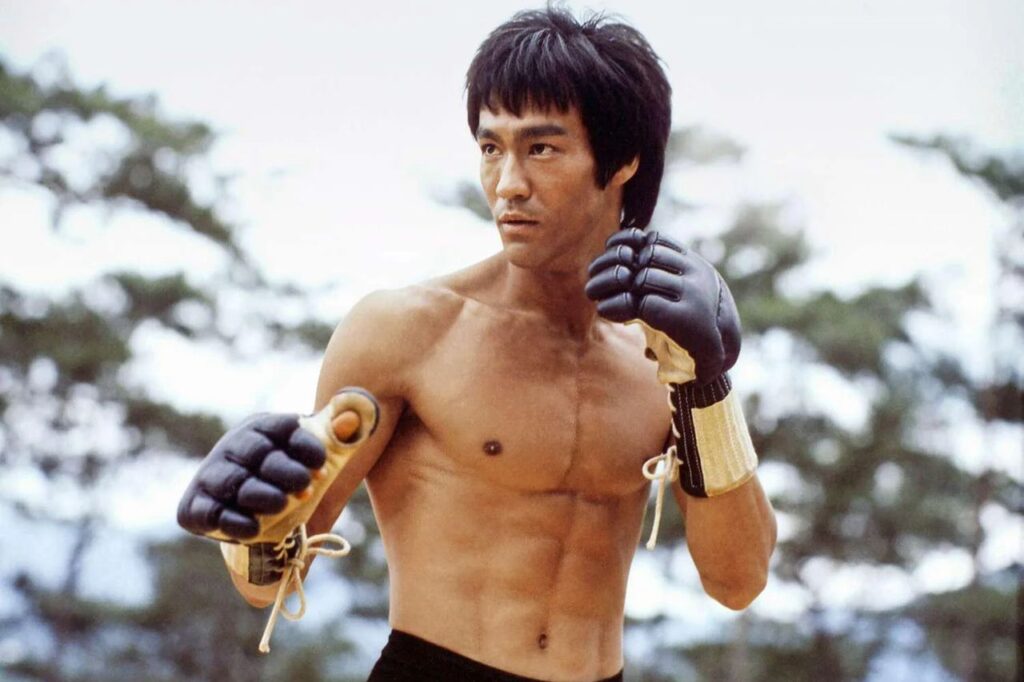
Bruce Lee’s death on July 20, 1973, was officially ruled a “death by misadventure” by a Hong Kong coroner’s jury. The medical conclusion was that he died from a massive cerebral edema, or swelling of the brain. This swelling was ultimately attributed to a hypersensitive reaction to Equagesic, a common prescription painkiller containing aspirin and the tranquilizer meprobamate, that he had taken for a headache shortly before his collapse. However, this finding immediately became a point of contention among medical professionals and the public, fueling numerous alternative theories.
2. What exactly is Equagesic?
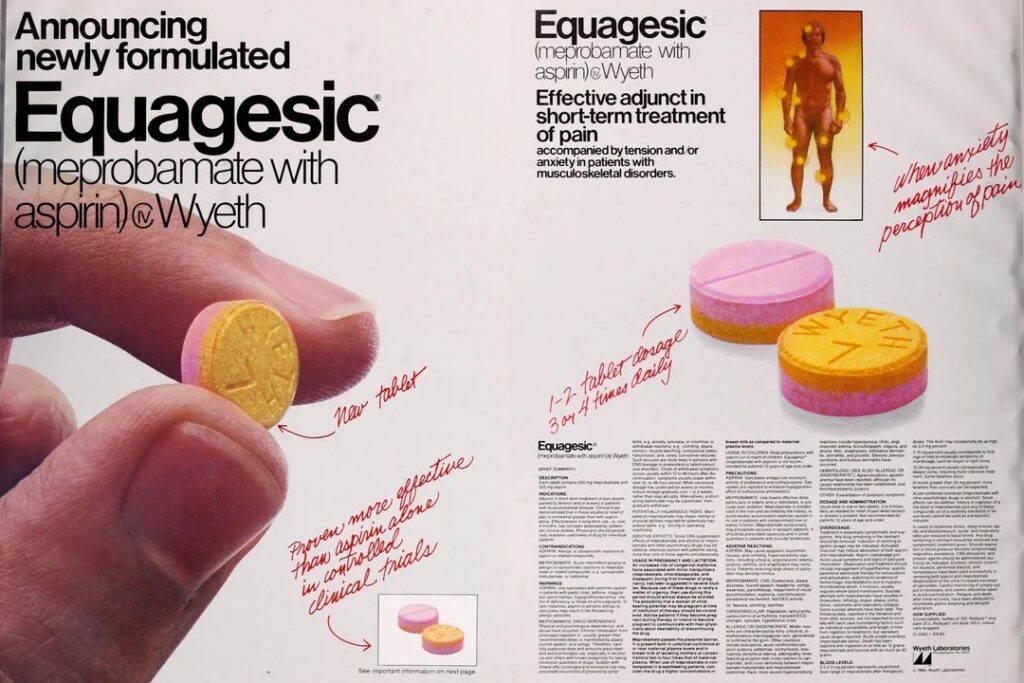
Equagesic was a compound drug, now discontinued, that Bruce Lee reportedly took before his final collapse. It contained two main active ingredients: aspirin, a widely used analgesic and anti-inflammatory, and meprobamate, a tranquilizer and muscle relaxant. The official inquest concluded that Lee suffered an acute hypersensitivity to one of the drug’s components, leading to the severe brain swelling. Crucially, the inquest noted that Lee had taken the drug on previous occasions without adverse effects, which complicated the conclusion of an allergic reaction.
3. Did Bruce Lee have a previous collapse?
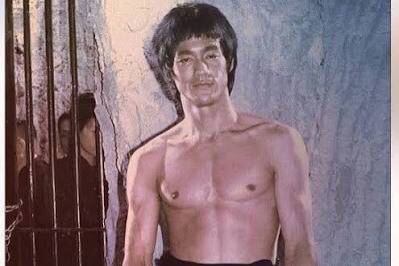
Yes, he had a frightening episode just over two months prior to his death, on May 10, 1973, while working on the dubbing for Enter the Dragon at Golden Harvest studios. He suddenly collapsed and began convulsing, suffering from a severe headache, and was rushed to a Hong Kong hospital. Doctors diagnosed him with cerebral edema, which was treated with an intravenous injection of mannitol, a drug used to reduce brain swelling. He recovered quickly and later underwent extensive neurological tests in the US, which found no abnormalities at the time.
4. Was he taking other drugs at the time?
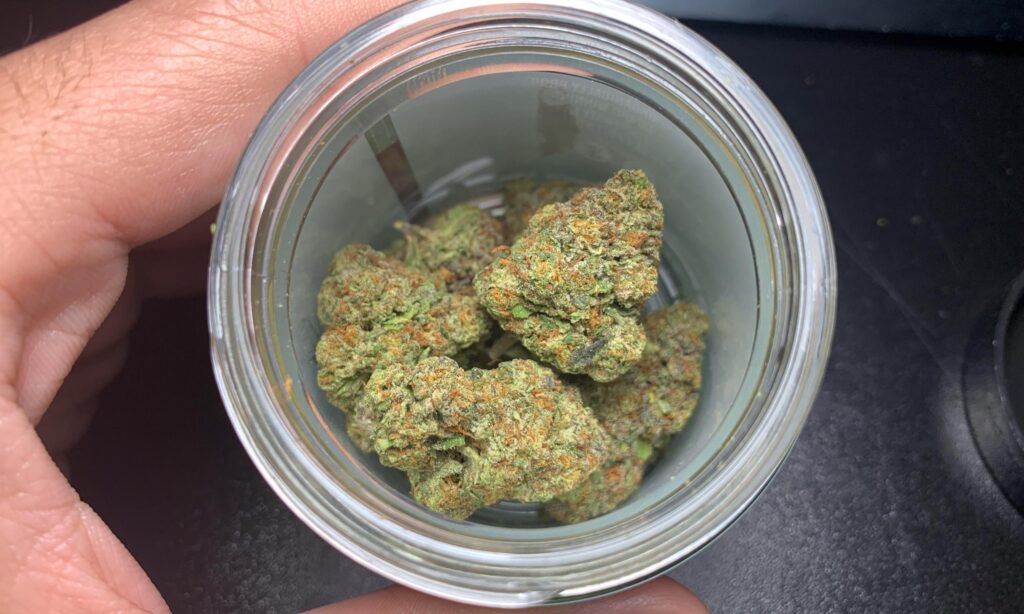
The autopsy performed on Bruce Lee found trace amounts of cannabis in his stomach. While the official inquest noted its presence, it ultimately concluded that the cannabis was “incidental” and not the cause of death. However, some have speculated on the potential interaction of multiple substances. It is also known that Bruce Lee was a heavy user of caffeine and was prescribed the anti-epilepsy drug phenytoin after his May 1973 collapse, though his use of various medications and supplements remains a topic of scrutiny.
5. Why did he collapse at Betty Ting Pei’s apartment?

The location of his death became a major factor in the subsequent mystery and rumor mill. On the day he died, Lee was working with his producer, Raymond Chow, and Taiwanese actress Betty Ting Pei on a script for his next movie, Game of Death. Lee later complained of a headache while at Ting Pei’s apartment, where he took the Equagesic she offered and lay down for a nap. The fact that the initial reports incorrectly claimed he had died at his own home with his wife Linda, only for the truth to emerge, immediately created speculation of a cover-up and scandalous circumstances.
6. Was the Equagesic allergy theory ever fully accepted?

The official conclusion of death due to a hypersensitivity reaction to Equagesic has long been disputed by experts and fans alike. Dr. Ronald Teare, a forensic scientist from the UK who reviewed the case, eventually suggested the allergic reaction theory because no other obvious cause could be found for the massive brain swelling. Critics point out that a standard allergic reaction (anaphylaxis) usually presents with other symptoms, like hives or airway swelling, which were not reported in Lee’s autopsy. Furthermore, Lee had reportedly taken the drug before, making a first-time lethal allergic reaction less likely, though not impossible.
7. Why did Raymond Chow initially lie about the location of death?
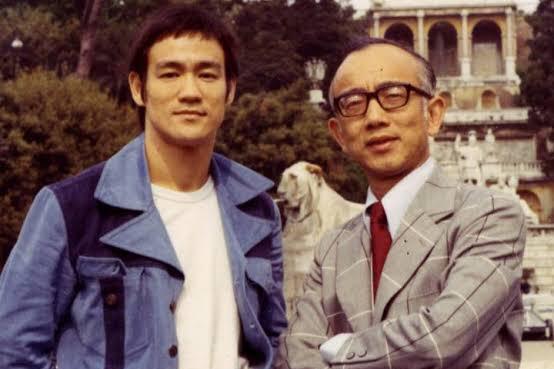
Raymond Chow, Lee’s film producer and business partner, initially told the press that Bruce Lee had collapsed and died at his own home with his wife, Linda. The subsequent revelation that Lee was actually at the apartment of Taiwanese actress Betty Ting Pei fueled intense public speculation and gossip. Chow’s reason for the deception was likely to protect Lee’s personal reputation, preserve his professional image, and shield both Linda Lee and Betty Ting Pei from a scandal that would have overshadowed the tragedy and the imminent release of Enter the Dragon.
8. Did Lee’s famous intense training methods contribute?
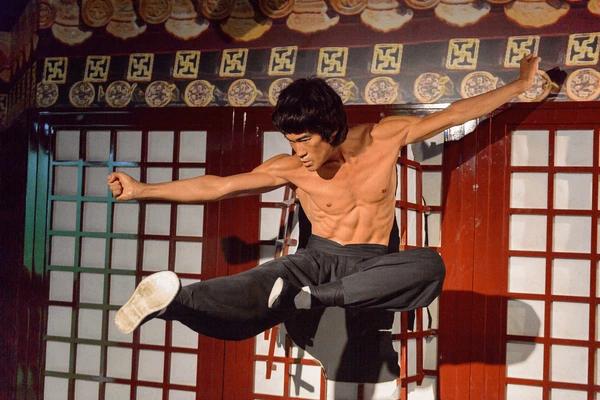
Bruce Lee was a proponent of pushing the human body to its absolute limits, maintaining a physique that was famously lean and incredibly conditioned. Some theories suggest his extreme regimen, including fasting and high-intensity electrical muscle stimulation, may have inadvertently made his body more susceptible to shock or internal imbalance. While his fitness was legendary, critics argue that his diet was also restrictive, and his intense dedication may have hidden or exacerbated underlying physical issues, leading to an overlooked medical vulnerability.
9. Could heatstroke have been the real cause?
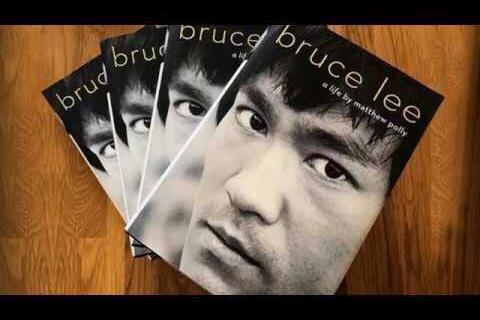
The heatstroke hypothesis is a more recent and compelling theory, popularized by Matthew Polly’s 2018 biography, Bruce Lee: A Life. The theory posits that the cerebral edema was actually the result of severe heatstroke. The day of his death was reportedly extremely hot and humid in Hong Kong. Lee had previously collapsed from heat exhaustion in May 1973 in a hot dubbing room. Furthermore, he had reportedly undergone surgery to remove his axillary (armpit) sweat glands to avoid visible perspiration on film, a procedure that would have severely impaired his body’s natural ability to regulate core temperature.
10. Was his death related to ‘Dim Mak,’ the ‘Touch of Death’?
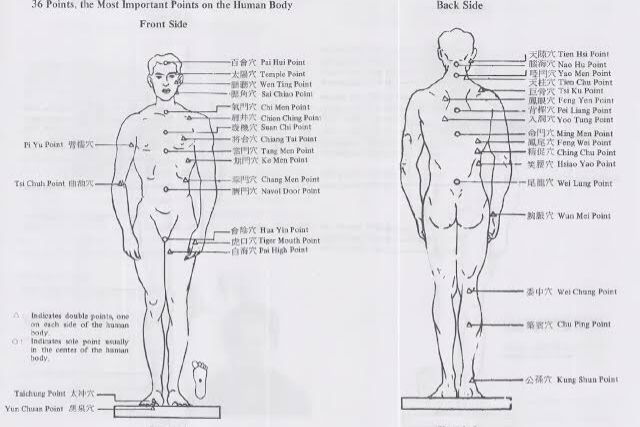
The theory that Bruce Lee was a victim of Dim Mak, a legendary, delayed-action martial arts strike known as the ‘Touch of Death,’ is a popular conspiracy that feeds into the martial arts mythology. Dim Mak is purported to involve striking a pressure point to cause a delayed, fatal internal injury. This theory gained traction because Lee showed no external signs of violence, and the cause of death was mysterious. However, there is no credible medical or forensic evidence to support the existence of such a strike, and it is widely dismissed as martial arts folklore rather than a factual cause of death.
11. Was Bruce Lee assassinated by the Triads?
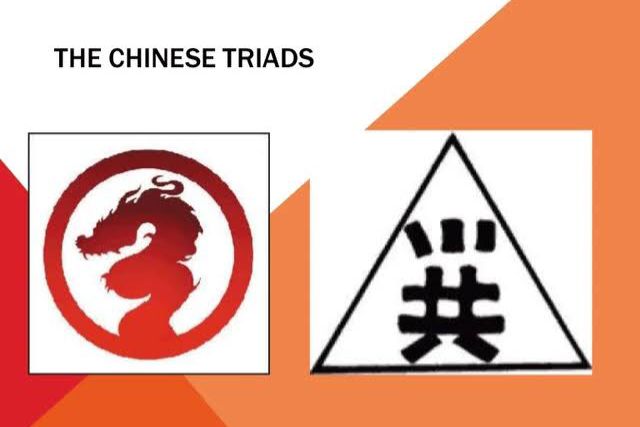
The theory of assassination by the Triads (Chinese organized crime) is one of the oldest and most persistent conspiracies. It is rooted in Bruce Lee’s fame, his willingness to teach martial arts to non-Chinese, and the fact that he was already involved in street fights with gang-connected rivals as a young man in Hong Kong, which was one reason he was sent to the U.S. Some rumors claim he refused to pay protection money or was targeted due to a professional or personal dispute. However, the comprehensive autopsy report found no evidence of external injury or poison that would indicate foul play, and the inquest dismissed this idea as baseless speculation.
12. What was significant about the weight of his brain?
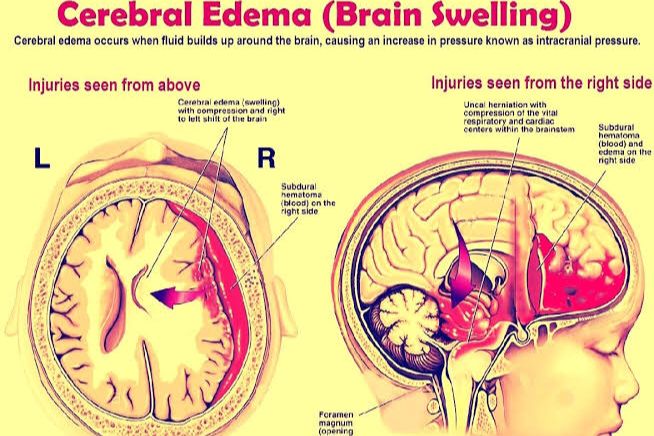
The autopsy revealed that Bruce Lee’s brain had swelled considerably, weighing 1575 grams, which is significantly heavier than the average male brain weight of approximately 1400 grams. This finding of severe cerebral edema was the definitive medical cause of his immediate death. The entire mystery revolves around what caused this swelling. The excess weight confirmed that the brain had retained a dangerous amount of fluid, crushing it against the inside of the non-expanding skull and leading to a coma and subsequent death.
13. Could he have died from drinking too much water?
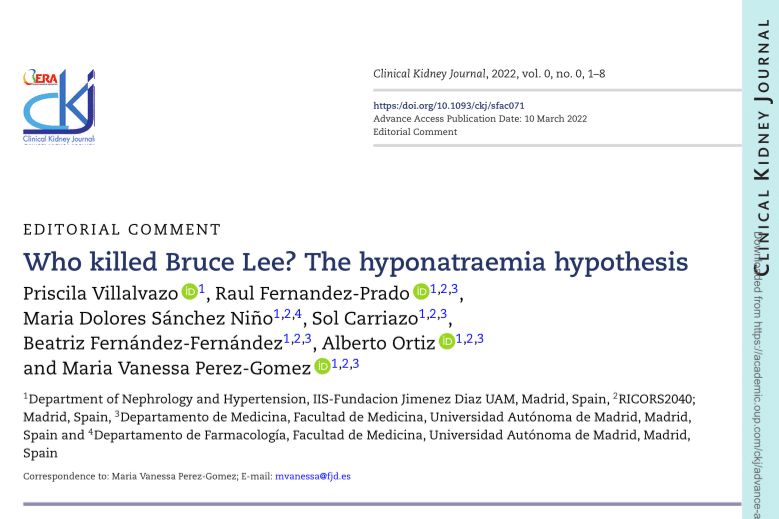
A recent, highly detailed medical hypothesis published in the Clinical Kidney Journal suggested that Bruce Lee may have died from hyponatremia, a condition where the sodium level in the blood is dangerously low due to the body retaining too much water. This theory proposes that Lee’s kidneys may have been unable to excrete excess water, possibly due to a combination of factors like chronic high fluid intake (he often drank juices), marijuana use (which increases thirst), and potentially using diuretics. This water imbalance would cause the brain to swell, leading directly to the cerebral edema found in the autopsy.
14. What is the theory of the “Lee family curse”?

The “Lee family curse” is a supernatural theory that arose mainly after the eerily tragic, accidental on-set death of Bruce Lee’s son, Brandon Lee, in 1993. Believers point to the similar, sudden, and untimely deaths of both father and son as evidence of a curse following the family, perhaps tied to an evil spirit his superstitious mother tried to ward off by giving Bruce a girl’s name (“Little Phoenix”) as a child. While a dramatic narrative, it lacks any factual or scientific basis and is generally considered folklore that attempts to explain a pair of inexplicable tragedies.
15. Was his death ever investigated for murder?
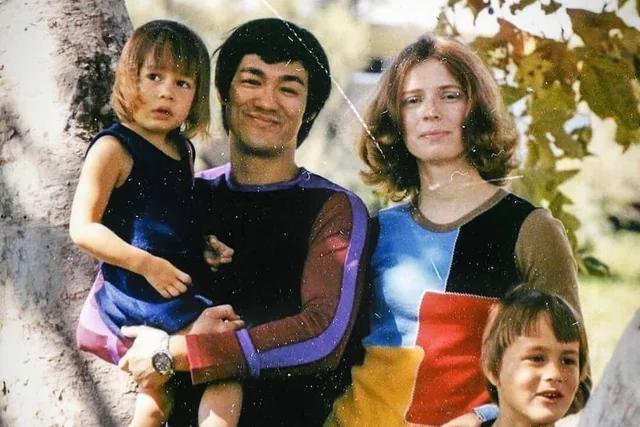
Yes, the initial police investigation did not rule out foul play and a subsequent coroner’s inquest was held in Hong Kong, which is similar to a grand jury investigation. The inquest called in numerous witnesses, including Bruce Lee’s wife Linda, Raymond Chow, Betty Ting Pei, and several medical experts from around the world. The investigation was exhaustive in seeking a non-natural cause, but ultimately found no evidence of criminal wrongdoing, poison, or physical injury, leading to the official verdict of “death by misadventure” based on the allergic reaction theory.
16. Could the death have been caused by an epileptic condition?
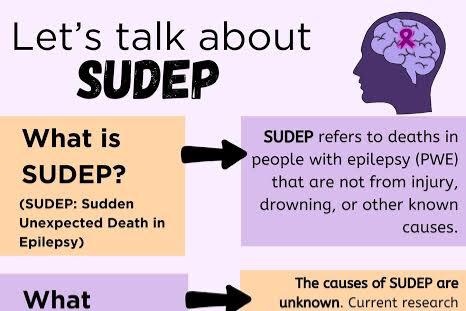
Another posthumous theory suggests that Bruce Lee may have been a victim of Sudden Unexpected Death in Epilepsy (SUDEP), a condition that was not formally recognized until 1995. The theory stems from the fact that Lee had an episode in May 1973 involving a seizure and convulsion. Although he was not diagnosed with chronic epilepsy, he was prescribed the anti-epileptic drug phenytoin. SUDEP typically involves a seizure that causes the heart or lungs to stop, and it can be triggered by stress and lack of sleep. Given his strenuous lifestyle and the mysterious nature of his collapse, some experts consider this a plausible retrospective medical explanation.
17. Did the use of cortisone play a role in his health decline?

Bruce Lee suffered a severe back injury while lifting weights in 1970, leading to debilitating pain. Reports suggest he was treated with cortisone, a type of corticosteroid, to manage his pain and accelerate his return to training. Excessive or prolonged use of corticosteroids can have significant side effects, including metabolic changes, mood swings, and potentially affecting the body’s water and salt balance. While not the official cause, some analyses propose that chronic cortisone use may have stressed his adrenal glands or contributed to the fluid and electrolyte imbalances that led to the fatal cerebral edema or a possible adrenal crisis.
18. What was his final finished film, and when was it released?
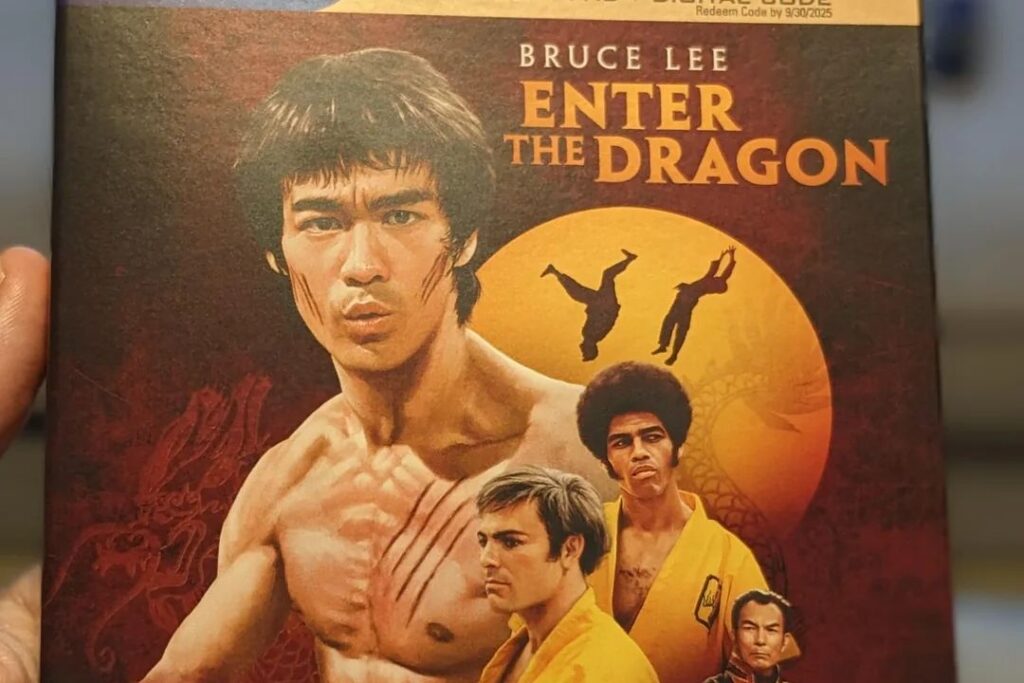
Bruce Lee’s final completed film appearance was in the groundbreaking martial arts movie, Enter the Dragon. Tragically, he died just six days before the film’s scheduled Hong Kong premiere on July 26, 1973, and approximately a month before its U.S. premiere on August 19, 1973, in Los Angeles. The film’s enormous worldwide success and his sudden death transformed him into a cinematic legend overnight. The fact that the movie that was meant to launch him into global superstardom became his posthumous masterpiece only amplified the mystique and sorrow surrounding his passing.
This story The Mystery of Bruce Lee’s Death: 18 Questions Fans Still Ask was first published on Daily FETCH


